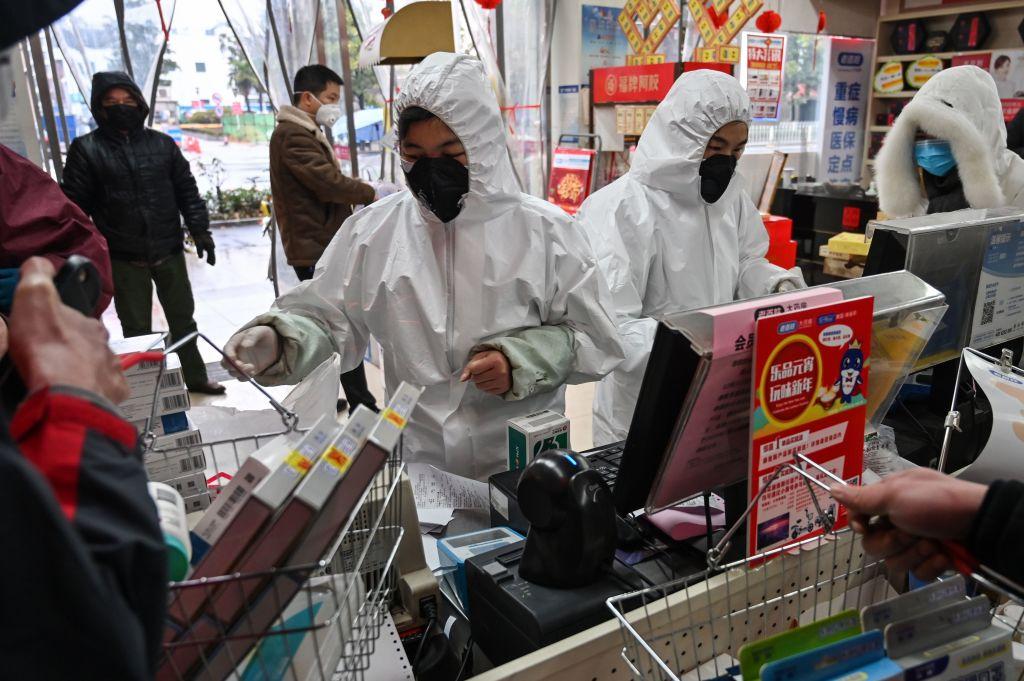A couple in Wuhan has symptoms of the novel coronavirus but they were turned away by five hospitals. Due to limited resources, the hospitals in the city only accept patients who have a confirmed diagnosis, and the couple said that more than 1,000 people are currently waiting to be tested.
Ji Lin is a high school teacher. Her husband had a low-grade fever on Jan. 20. He thought it was a cold and took some medicine. It wasn’t until Jan. 23, when the Wuhan Mayor announced that the city was under quarantine, that the couple realized that he might have the coronavirus.





